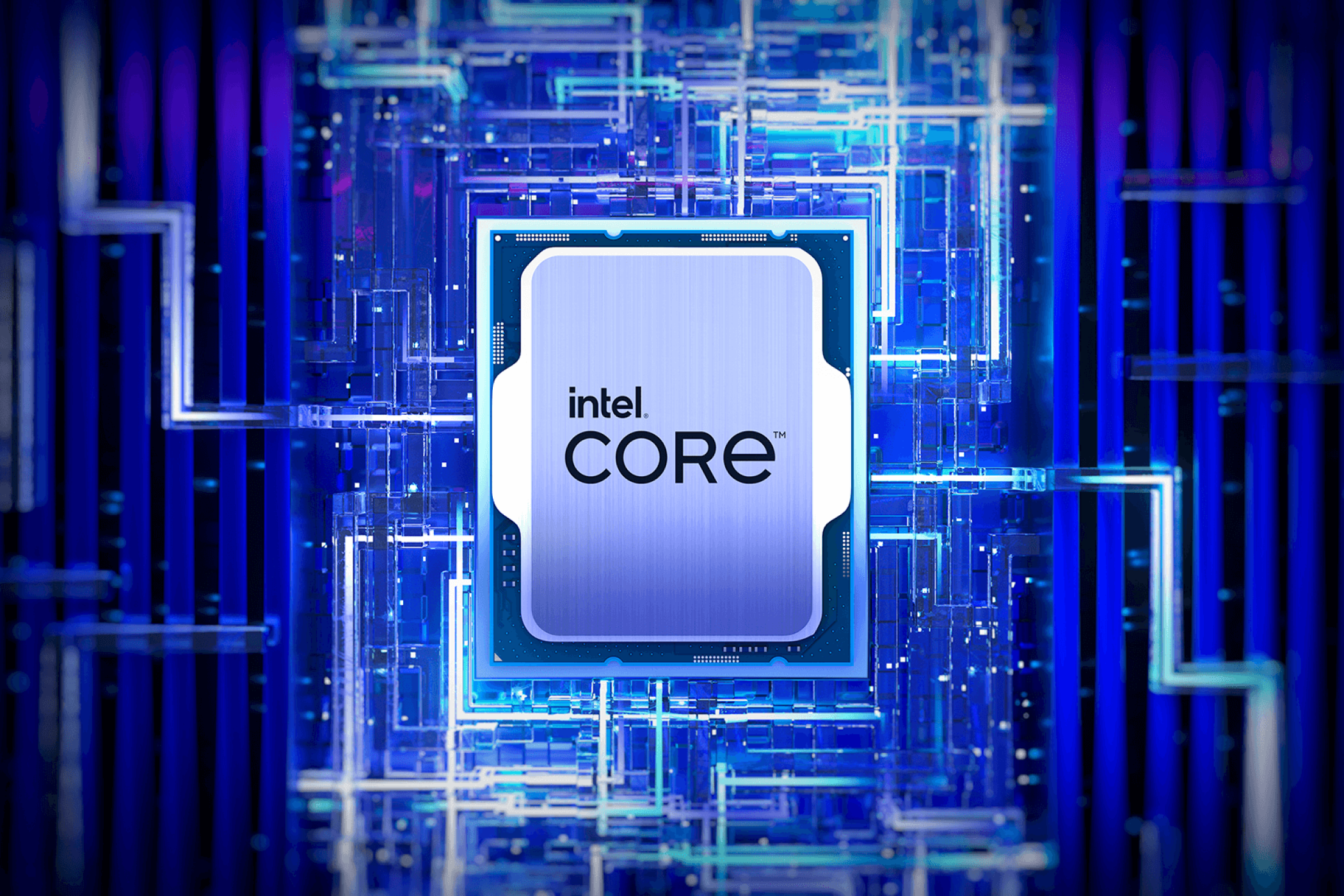
Key Takeaways
- Leak confirms some specs of Intel’s upcoming Raptor Lake Refresh CPU lineup, including 24 cores and 32 threads for the flagship Core i9-14900K.
- Geekbench listing shows mixed performance results, with a high single-core score but lower multi-core score compared to the previous chip.
- Possible reasons for lower benchmark scores include a smaller dataset, unoptimized motherboards, and the use of a balanced power plan during testing. Final pricing details yet to be revealed.
Intel is expected to launch its Raptor Lake Refresh CPU lineup later this month, and recent leaks have already revealed several details about it. Earlier this year, a report is believed to have revealed the specifications of at least three unlocked K-series Raptor Lake Refresh desktop SKUs, including the Core i9-14900K, i7-14700K, and i5-14600K. Now, a new leak seemingly confirms some of the leaked specs and also gives us some insight into the performance of the flagship SKU – the Core i9-14900K.
As per the Geekbench listing (via BenchLeaks), the i9-14900K will have 24 cores and 32 threads, including 8 Performance cores and 16 Efficient cores. The listing also shows that the chip racked up 3,140 points in the single-core benchmark and 19,134 points in the multi-core test in Geekbench 6.1. While the former is comfortably higher than the score achieved by the Core i9-13900K, the latter is lower than that of the older chip, which managed to rack up more than 21,000 points in the multi-core benchmark last year.
While the Raptor Lake Refresh is only expected to be a moderate improvement over the 13th-gen Raptor Lake lineup, a lower multi-core score for the flagship chip is still unexpected. That said, there are a few issues that could have resulted in the curious scenario. First off, the Core i9-14900K dataset is smaller, meaning the results could be relatively inaccurate. Secondly, unoptimized motherboards can also negatively impact benchmark scores, and it’s not immediately clear if the BIOSTAR Z790A-SILVER motherboard used in the benchmarked system was optimized for the unreleased chip. Finally, the testbed used the ‘Balanced’ power plan while running the benchmark, which could have also restricted the true performance potential of the chip, especially during the multi-core test.
Sketchy benchmark results notwithstanding, the Core i9-14900K is expected to feature up to 36 MB of L3 Smart Cache and a 125W base TDP (253W PL2). It is also tipped to have a 3.19GHz base frequency and a massive 6GHz of peak frequency with Intel’s Thermal Velocity Boost. Recent leaks also suggested that the chip could be significantly pricier than its predecessor, but the final price will likely only be revealed later this month by Intel.
[ad_2]




